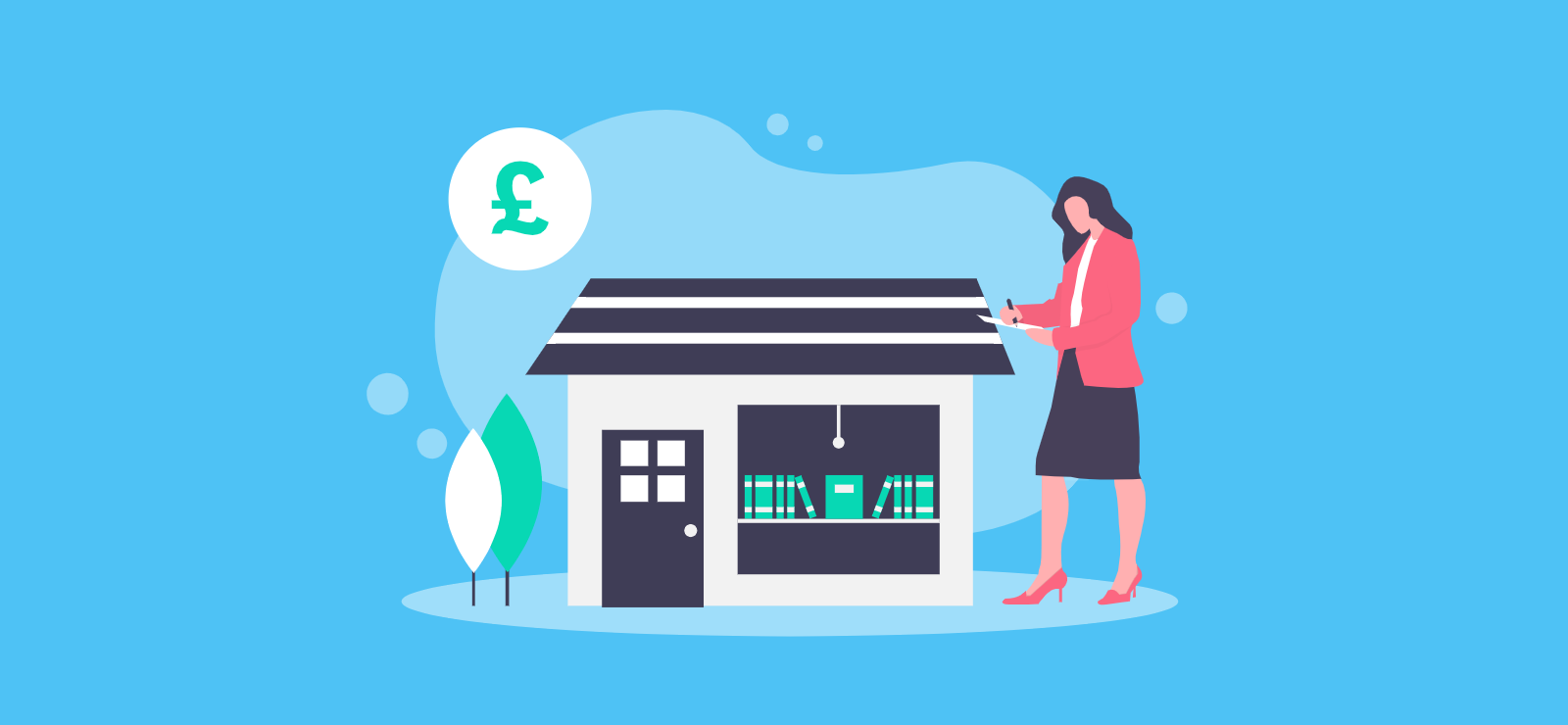

How Do I Work Out the Value of My Business?
Knowing what your business is worth at any one time can be incredibly useful, helping you understand how to add more value or become more efficient. We look at the different ways in which you can work out the value of your business – and why it’s important in the first place.
Why do you need to know what your business is worth?
Valuing a business if often key to securing funding and loans or negotiating its sale price, but there are other reasons too.
For example, if you’re planning to issue new shares to help raise funds for the business then calculating the company’s value will help you get a fair price. Maybe you need to upgrade your equipment or buildings, and plan to use some or all of the company as security if you apply for finance.
Regular valuation can also be used to measure how your business is performing against your goals. As well as looking at the overall value, you can consider how each part of the business contributes to it, which might highlight areas in need of attention.
What’s the difference between valuation and price?
The value of a business isn’t necessarily the price that you could expect to receive if you were to sell. A bit like buying a house or a car, the published figure is often the starting point for further negotiations.
Whether you’re selling or looking for finance, the ‘price’ is at the mercy of what someone is willing to pay and can be influenced by lots of other factors. For example:
- Do you need to sell urgently, or are you being forced to make a sale?
- Are there upcoming changes to legislation which will affect you?
- Is there a new competitor in the marketplace?
Valuing your business
Every business is different, so the valuation process is a bit of an art form in that there isn’t one single ‘right’ way to do it. Owners and brokers tend to use different methods to help them see the bigger picture.
Your bookkeeping data will often be the foundation for any method, feeding into your reporting to show the financial health of your business over a period of time and helping to make predictions for the future.
Assets
Most businesses own assets in some shape or form, and these can help inform its value.
- Tangible assets that the business owns, such as equipment or property, are a good starting point because they usually have a value which is easier to establish.
- Less straightforward are intangible assets – those parts of the business that have value but no physical form, such as brand authority, customer relationships, or trademarks and Intellectual Property (IP).
These influence the value of a business because of the effect they have on its ability to make money, which is what the buyer is most interested in.
The net value of your business assets (the tangibles ones at least) will show in your accounts, though you’ll also need to consider any asset depreciation or other liabilities. It’s why managing your assets properly is so vital.
The value of goodwill
In business terms ‘goodwill’ is the value of your brand in the marketplace – built up over time and recognisable to customers as a sign of quality. It can be incredibly valuable, but difficult to quantify!
Price/earnings ratio
The price/earnings technique (or the multiple of profits) is best suited to businesses with a strong track record of good profitability. It works by:
- Adjusting monthly or yearly profits to exclude any extraordinary events (like one-off large costs or purchases), giving you a clearer idea of what future profits might look like
- Adding additional costs or gains made by the company once further investment has been made into it, or it is sold. This will generate a final profit figure, referred to as “normalised profit”.
- Multiplying the standard industry practice by normalised profit (generally 3 to 5).
The figure you then end up with will be your price-earnings ratio, giving you an idea of value.
Comparables
This is a tried and tested method of valuing a business in the UK. It basically involves looking at what similar businesses have sold for in recent years, and coming up with a value for your own business accordingly.
It’s a bit like when you sell your house. You look around at what others of a similar size and spec have sold for in your area before deciding on an asking price.
Discounted cash flow
Discounted cash flow is a common way to value a heavily invested business that has been around for a long time and has a predictable, stable cash flow. It can be quite a complex though, and relies heavily on assumptions about the future which isn’t always straightforward to predict!
The valuation is worked out by predicting the company’s total dividends for the next 15 or so years, plus a residual value given when this period ends.
The calculation for today’s value of future dividends is done by applying a discount interest rate (generally ranging from 15% to 25%). This considers the risk and the time value of money (based on the concept that £1 received today is of higher value than an equal amount received later).
Entry cost valuation
This is essentially where the valuation is worked out by estimating how much it would cost to start up an almost identical business from scratch.
It considers all of the various costs that would involve, including HR and staffing costs, buying stock, offering training, building a client base, and purchasing or leasing assets. Everything, basically!
Industry rules of thumb
Just about every industry has its own set way of valuing businesses within it. For example, retail outfits tend to be valued using a multiple of turnover, number of outlets or how many customers they’ve had.
But a different sector, such as a computer repair business, will usually only be valued by turnover. Estate agencies will be by the number of branches they have, and so on.
How do venture capitalists value companies?
Professional investors, including venture capitalists, take a slightly different angle when it comes to business valuation. They do look at profit, assets, and comparable companies, but they also set this against their exit valuation instead of their entry valuation.
They look at the rate of growth and apply an exit multiple from sensible comparable companies, plus a pre-determined rate of return. This allows them to calculate the amount of money they are willing to offer.
Bear in mind that this way of doing things means selling a high-growth business to a VC can be much more (or much less) profitable than selling to another business or individual.
Learn more about our online accounting services for businesses. Call 020 3355 4047 to chat to the team, and get an instant online quote.
Want to learn more?
Subscribe to our newsletter to get accounting tips like this right to your inbox

Read more posts...

Company Name Registrations, Compared
5th January 2026The art of the company name. It’s a tough one to get right. Everyone wants to stand out, but developing the most…
Read More
Staff Spotlight: James McMahon, General Admin
2nd January 2026Give an overview of the duties, functions, and responsibilities of your job. Processing forms that have been sent in by clients, and…
Read More
December 2025 Client of the Month: Honesty For Your Skin
23rd December 2025This month we spoke to Cheryl, owner of Honesty For Your Skin. Honesty For Your Skin | Instagram Hey Cheryl! Tell…
Read MoreConfirm Transactions
The number of monthly transactions you have entered based on your turnover seem high. A transaction is one bookkeeping entry such as a sale, purchase, payment or receipt. Are you sure this is correct?
Please contact our sales team if you’re unsure
VAT Returns
It is unlikely you will need this service, unless you are voluntarily registered for VAT.
Are you sure this is correct?
Call us on 020 3355 4047 if you’re not sure.
Bookkeeping
You will receive our bookkeeping software Pandle for free, as part of your package.
You can use this to complete your own bookkeeping, or we can provide a quote to complete your bookkeeping for you.
Please select and option below:
Call us on 020 3355 4047 if you’re not sure.

